Mozambique has begun constructing homes for victims of Cyclone Chido after the devastating storm swept through the country’s northern regions on Sunday, leaving at least 70 people dead and over 600 others injured. The cyclone carved a trail of destruction across Nampula, Cabo Delgado, and Niassa provinces, displacing thousands of families and highlighting the urgent need for resilient infrastructure.
On a visit to the affected areas, Mozambique’s Trade and Industry Minister, Silvino Moreno, assured victims that the government, in collaboration with international partners, is ramping up relief efforts. Addressing the media during a stop in Nampula, Moreno emphasized the government’s priority of constructing homes using durable and resilient materials to withstand future storms.
“The goal is to prevent the destruction of houses built with poor materials like mud and reeds, which stood no chance against Cyclone Chido,” Moreno said, noting that better construction methods and training are critical for building disaster-resilient communities.
Cyclone Chido’s powerful winds and torrential rains devastated infrastructure, homes, and livelihoods. Almost all houses in the storm-hit regions, built from fragile mud and reeds, were flattened. UNICEF estimates that at least 174,000 people have been directly affected, with the number expected to rise as assessments continue.
In addition to the destruction of homes, the cyclone damaged thousands of classrooms and over 20 health facilities, compounding challenges for already vulnerable communities. In Nampula, Cabo Delgado, and Niassa, more than 25,000 families remain without electricity, while key infrastructure such as roads, water sources, and health units have been severely impacted.
Michael Chimedza, UNICEF’s field office head in Mozambique’s Zambezia province, highlighted the organization’s immediate response measures. “We have requisitioned emergency supplies to assist up to 50,000 people and allocated funds to support local-level training for disaster response,” he told VOA.
The cyclone’s impact has exacerbated existing challenges in northern Mozambique, particularly as the region grapples with a cholera outbreak. Aid agencies warn that the destruction of water supply systems and health facilities may worsen the outbreak, posing further risks to public health.
Before reaching Mozambique, Cyclone Chido caused significant devastation in Mayotte, a French overseas territory, resulting in fatalities and infrastructure damage. Humanitarian agencies reported heightened risks for vulnerable populations, including refugees and asylum seekers in Mayotte, who were already in precarious conditions.
The cyclone also battered parts of southern Malawi, where it triggered strong winds and heavy rains, destroying homes and infrastructure in multiple districts. Regional authorities are now assessing the extent of the damage and mobilizing resources for relief efforts.


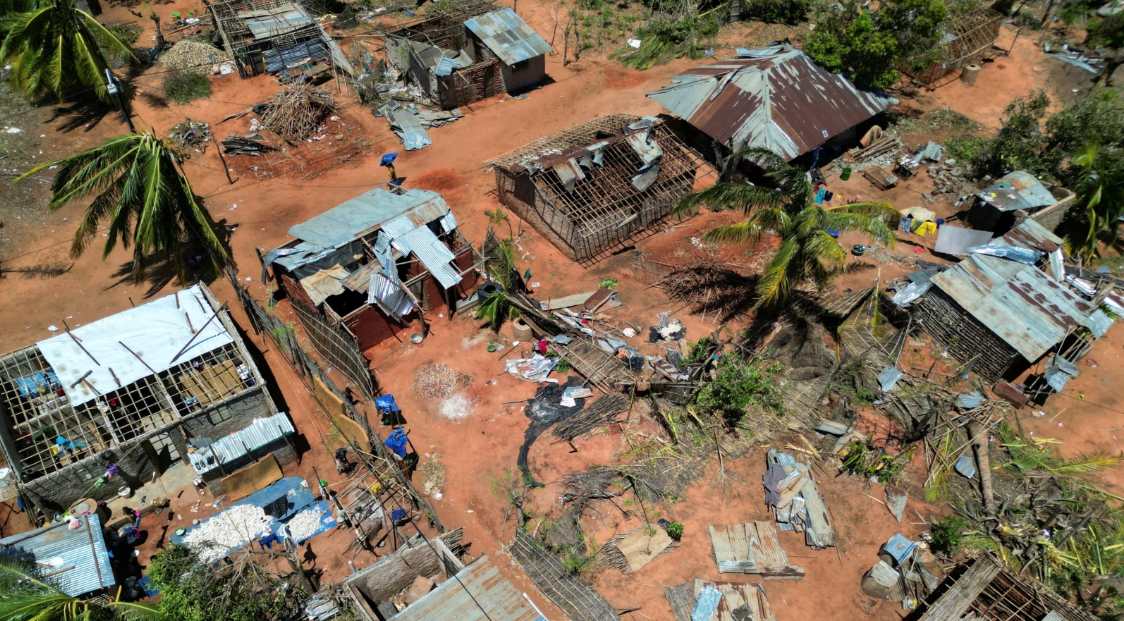
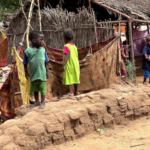
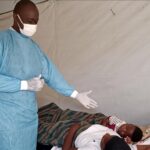


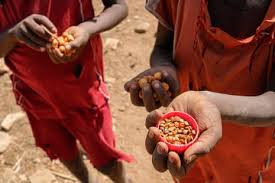

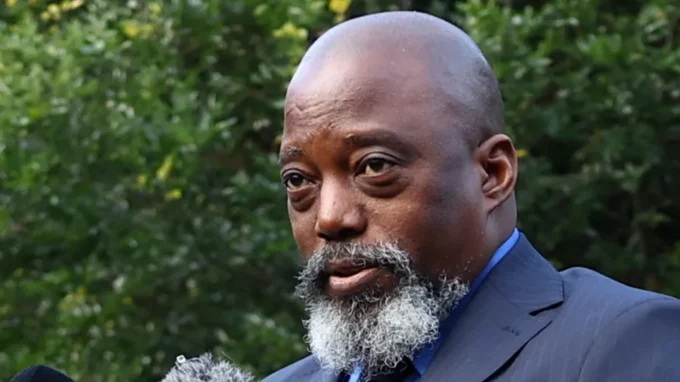




Leave a comment